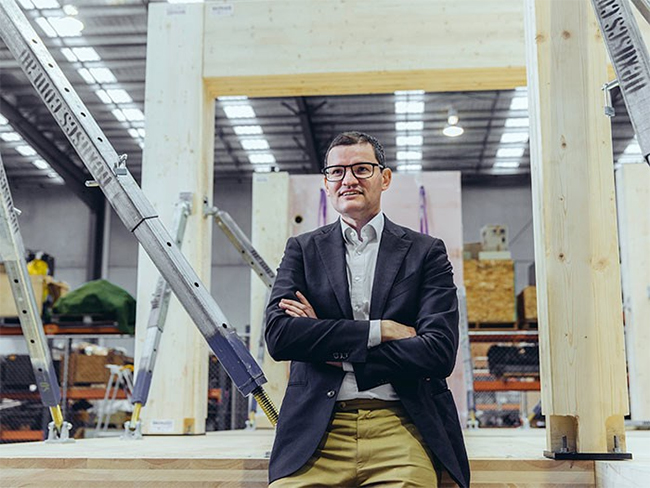
-
24 September 2020
We regularly hear about Big Data and its relevance to smart cities and smart buildings. The promise of increased liveability, greater workability and enhanced environmental performance, underpinned by intelligent design has the potential to transform how we work, live and play.
Much is already underway as we see the growth in how AI, AR, VR and the Internet of Things (IoT), are applied to smart buildings and smart cities. Indeed Australia and New Zealand have a membership-based advocacy and education organisation solely devoted to the topic – the Smart Cities Council. Its mission sits within the context of the UN’s Sustainable Development Goals and is focused around envisioning ‘a world where technology and data have been harnessed to create smart, sustainable cities and communities with high-quality living and high-quality jobs’.
The need to get smarter in how we deliver cities, buildings and the manufactured products within, is essential to remaining competitive and productive while also meeting complex demands from end-users, facility managers and infrastructure providers.
The response in part will come through a novel consortia that is squarely focused on new technologies, data and productive collaboration. The Building 4.0 Co-operative Research Centre (CRC) has recently been awarded a $28 million grant to focus on medium to long-term industry-led collaborations that can assist in driving the growth of new industries.
The new Building 4.0 CRC has been developed by several key industry players as well as several universities, including the Lendlease Group, Monash University, Melbourne University, Bluescope and CSR. The Green Building Council Australia, QUT, Schiavello and Standards Australia are also partners in the new CRC. Over 30 partners will contribute an additional $103 million to fund one of the most comprehensive smart building R&D programs ever established in Australia.
The Building 4.0 CRC has set several ambitious targets under key themes including:
- Energy—40% reduction in life cycle costs through high-performing, efficient buildings.
- Sustainability—Up to 50% reduction in CO2 emissions for more sustainable buildings.
- Regulation—Improved policy and regulatory frameworks.
- Quality and Safety—Fewer defects & improved quality, customer satisfaction, safety and certainty.
Given that the Australian building and construction industry is a major economic engine and employer, the recent arrival of the Building 4.0 CRC makes sense and is timely. It contributes 13% of GDP and employs over 1.4 million Australians, so the need to be smarter and therefore more sustainable is an industry-wide imperative that holds transformative potential.
Better buildings that are intelligently designed will rely heavily on the design and engineering disciples which reinforces the value and relevance of successful collaboration.
For more information visit Building 4PointZero.
Bought to you in association with Verosol. Proud Sponsor of 2020 Sustainability Awards.

Smart Building
